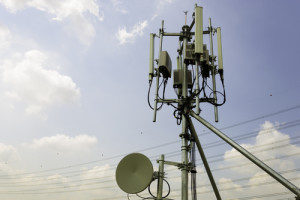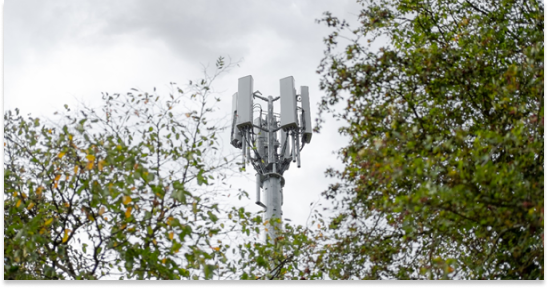Compare and Contrast: Unlimited 3G vs. Capped 4G LTE Bandwidth
Here are the advantages and disadvantages of the two most popular EVDO options: unlimited 3G wireless Internet service and wireless 4G LTE Internet service.
To Infinity and Beyond: 3G Unlimited
Let’s get this out of the way first: unlimited plans are not really unlimited. Unlimited usage actually means unlimited normal usage and unlimited plans are officially or unofficially capped at around 150 GB per month. Providers penalize heavy users by throttling (slowing down) their Internet speed.
That being said, where unlimited plans are available they are an excellent value for normal users. Sprint, for example, offers unlimited 3G for $119.00 per month [1]. Compare that to 4G where, with Verizon, it costs $120.00 per month for 60 GB of data [2]. Gigabyte for gigabyte, 3G is the most economical option.
While more celebration surrounds the high speed of the 4G network, 3G performs well too. 3G networks are fast and, as an increasing number of users leave 3G for 4G, getting faster. With an average data throughput of between 0.5 and 1.5 Mbps, 3G can reach speeds of up to 3.1 Mbps [3]. These speeds are plenty fast to use email (0.5 Mbps), browse the internet (0.5 to 1 Mbps), and stream standard definition video (0.7 Mbps) [4].
For rural users with limited network access, 3G service is available in more locations and is more reliable to access. Where the 4G network is weak, devices connect to the 3G automatically so, if you know the network is weak where you live, don’t bother paying for 4G.
The Future: 4G LTE
There was a time when “unlimited” was the Internet sales buzzword. That time is not now. Starting with the introduction of the first 4G LTE in 2009, “4G” has gradually become the new “unlimited” of sales-speak. As data usage increases due to advances in network speed and content definition, providers have, one by one stopped offering unlimited plans.
When American providers first introduced their 4G networks “unlimited” was the bandwidth standard in both the mobile and home Internet markets. For a short time, providers like AT&T offered users unlimited 4G plans. These plans proved increasingly unprofitable and, in 2012, AT&T was the first provider to discontinue unlimited data and introduce caps on every plan.
But enough about the past, let’s talk about the future. The indisputable advantages of the 4G LTE network are its cutting-edge download and upload speeds. Right now 4G LTE networks reach data throughputs of between 2 and 12 Mbps [3]. That’s up to 24 times faster than 3G.
Because the potential of 4G is much higher (4G networks could reach speeds of 300 Mbps [3]), providers, the government [5], and private investors are pouring billions into expanding and improving current 4G networks. Online content generators (especially video streaming providers) are also investing in 4G by optimizing their content for the network’s quick download speeds.
The experience of using a 4G network – streaming and downloading high-definition video, gaming without lags, and browsing with a blazing fast connection – is undeniably better than the experience of using a 3G network. The cost of that experience, however, is a price difference that means you could easily be paying more than twice as much for a gigabyte of 4G than for a gigabyte of 3G.
Call us to find the best internet package for your online needs 1-866-439-6630.
[1] Unlimited Data Plan. Available at: https://www.evdodepotusa.com/
[2] Verizon 4G LTE Internet Installed. Available at: https://www.verizonwireless.com/b2c/lte-internet-installed/
[3] 3G vs. 4G. Available at: https://www.diffen.com/difference/3G_vs_4G
[4] FCC Broadband Speed Guide. Available at https://www.fcc.gov/guides/broadband-speed-guide





